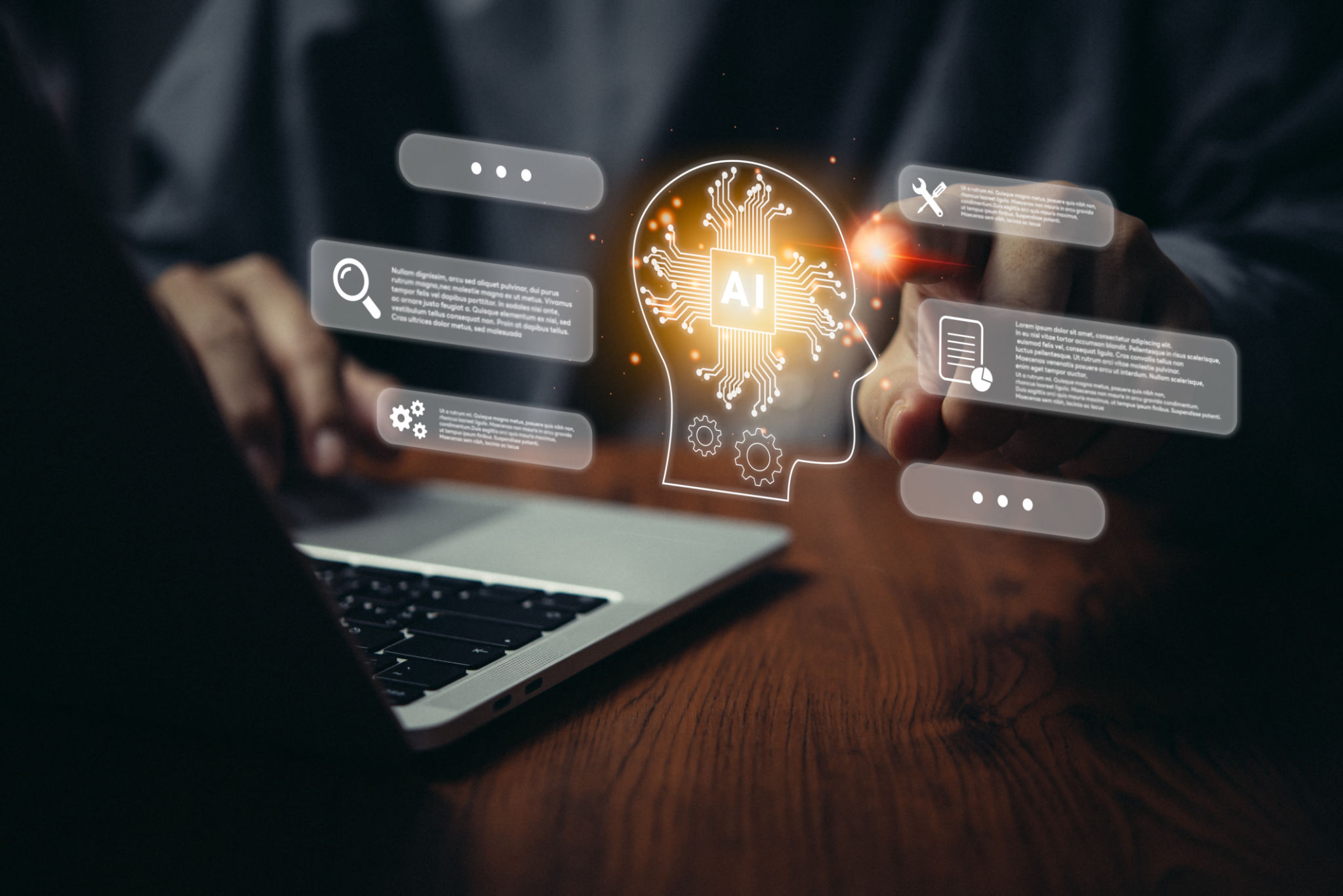Exploring the Latest Trends in AI for Business Automation
Introduction to AI in Business Automation
In recent years, Artificial Intelligence (AI) has become a cornerstone for business automation. By leveraging AI technologies, companies can streamline operations, boost efficiency, and reduce costs. The landscape of AI in business automation is rapidly evolving, with new trends emerging that businesses must stay abreast of to remain competitive.
AI models are becoming more sophisticated, allowing for more nuanced decision-making and predictive analytics. This evolution is enabling businesses to automate complex tasks that were previously thought to require human intervention.

Natural Language Processing (NLP) and Chatbots
One of the most significant trends in AI for business automation is the advancement of Natural Language Processing (NLP). NLP allows machines to understand and respond to human language, making it a key component in developing intelligent chatbots and virtual assistants.
Businesses are increasingly using chatbots to handle customer inquiries, which can significantly reduce response times and improve customer satisfaction. These AI-driven tools are capable of managing numerous interactions simultaneously, providing a scalable solution for customer service operations.
Benefits of Chatbots in Business
- 24/7 availability for customer support
- Reduced operational costs
- Enhanced user experience with faster response times

Machine Learning and Predictive Analytics
Machine Learning (ML) is another crucial trend within AI that is transforming business automation. ML algorithms can analyze large datasets to identify patterns and make predictions. This capability is particularly valuable in areas such as inventory management, sales forecasting, and risk assessment.
By using predictive analytics, businesses can make informed decisions based on data-driven insights. This ability to anticipate trends and behaviors can lead to more strategic planning and improved resource allocation.
Applications of Predictive Analytics
- Improving supply chain efficiency
- Enhancing marketing strategies through targeted campaigns
- Mitigating risks in financial sectors

Robotic Process Automation (RPA)
Robotic Process Automation (RPA) is another emerging trend in AI for business automation. RPA uses software robots to perform repetitive and mundane tasks traditionally carried out by humans. This can include data entry, invoice processing, and report generation.
The implementation of RPA can lead to increased productivity by freeing up employees to focus on more strategic tasks. Furthermore, it ensures accuracy and consistency in processes that are prone to human error.
Advantages of RPA
- Cost-effective automation solutions
- Scalable implementations across various departments
- Quick deployment without extensive infrastructure changes

Conclusion: Embracing AI for Future Success
The integration of AI into business processes is not just a trend but a necessary evolution. As AI technologies continue to advance, businesses that embrace these innovations will likely see significant advantages over their competitors.
Staying updated with the latest trends in AI for business automation is essential for any organization looking to enhance its operations and maintain a competitive edge. By doing so, businesses can unlock new opportunities for growth and efficiency.
